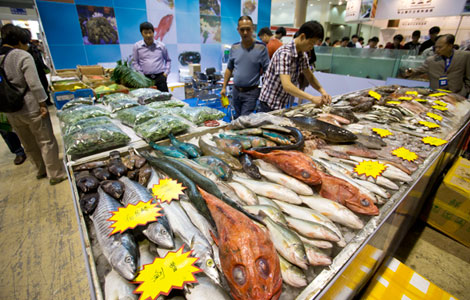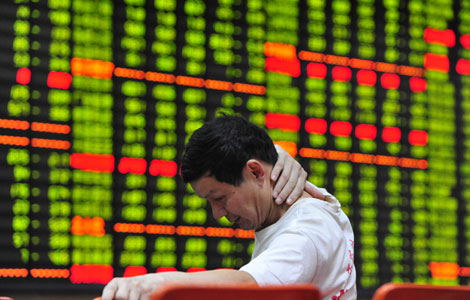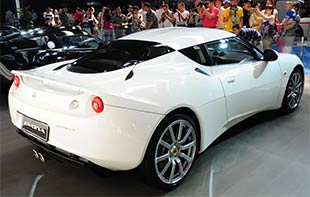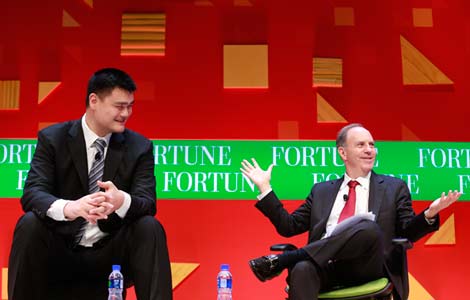
At the same time, China has increased its capital injections into the African Development Bank and Inter-America Development Bank to expand its financial assistance to Asia, Africa and Latin America countries.
On multilateral arena, China has pressed ahead with currency diversity in international monetary system within the framework of G20 and the BRICS, increased limits on privilege of countries that issue the global reserve currency while working with other emerging economies to push for reforms in the International Monetary Fund and the World Bank to raise the representation and voice of the developing countries.
With the efforts, Justin Yifu Lin become the first WB chief economist to come from a developing country in 2008 while Zhu Min was appointed Deputy Managing Director of the IMF in 2011.
Ken Miller, a member of the US State Department's Advisory Committee on International Economic Policy, has said "China's responsible management of its reserves to date has allowed Beijing to form valuable relationships with the leading financial managers across the global economy."
Just as what Miller has concluded, China's financial diplomacy is helpful to other countries.
Firstly, China called for reforms in international financial system to reflect the strength of developing countries. However, it is moderate and practical in pushing forward such reforms, bearing in mind safeguarding the financial system's stability and its orderly evolution.
 HK's new cruise terminal receives luxury liner
HK's new cruise terminal receives luxury liner
 Future points to carbon trading
Future points to carbon trading
 Seafood businesses flounder amid spending cut
Seafood businesses flounder amid spending cut
 Equities slump amid slow-growth estimates
Equities slump amid slow-growth estimates
 Auto show opens with much fanfare in Xi'an
Auto show opens with much fanfare in Xi'an
 Sunnylands summit fuels Chinese tourism interest
Sunnylands summit fuels Chinese tourism interest
 'Palace on wheels' on sale for $3.13m in Dubai
'Palace on wheels' on sale for $3.13m in Dubai
 Fortune smiles on Chengdu as forum concludes
Fortune smiles on Chengdu as forum concludes